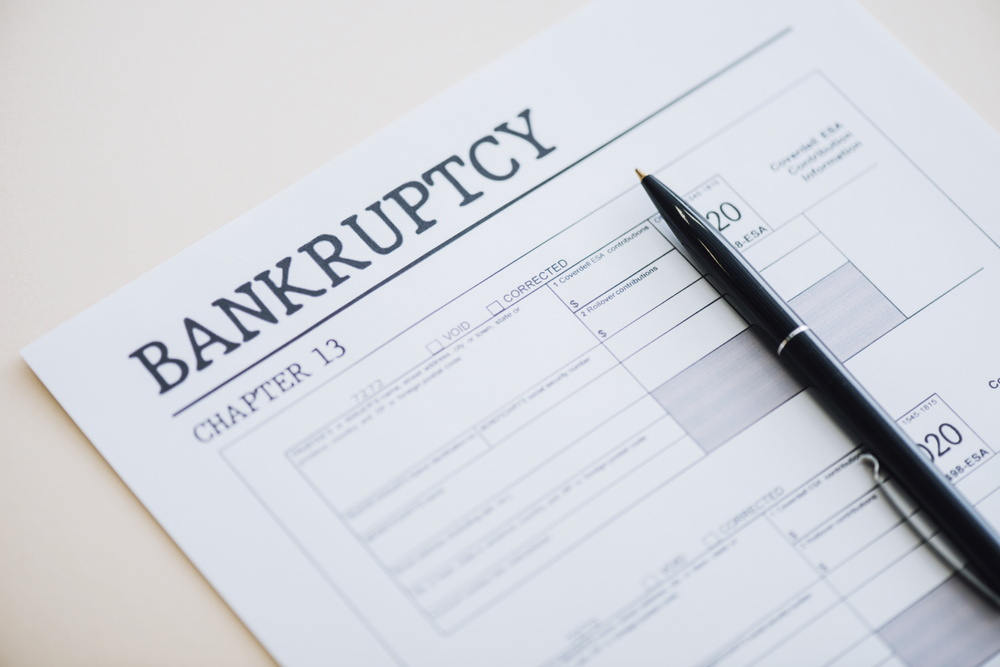In a Chapter 13 bankruptcy, an individual with regular income creates a repayment plan that repays their creditors over a three to five year period. Frequently, only a fraction of the debts an individual owes are repaid in the Chapter 13, however, upon competition of the Chapter 13 Plan, most of the remaining debts are discharged (eliminated).
Several criteria are used to formulate an individual’s repayment plan. One of the many factors is whether the individual has any property that could be sold in a hypothetical Chapter 7 bankruptcy. Chapter 13 allows individuals to protect and “buy back” any property that could be sold in a Chapter 7. This provides an advantage to some individuals as they can now keep property they would have otherwise lost.
Another factor that is used to calculate a Chapter 13 repayment plan is an individual’s “Disposable Monthly Income.” Meaning, if an individual has any funds left over at the end of the month after paying all necessary expenses, those funds would be paid into the Chapter 13 to repay their creditors. This allows people in Chapter 13 to pay what they are able to afford in order to eliminate their debts.

Chapter 13 can also allow an individual to eliminate any penalties owed on taxes, restructure tax repayment plans, eliminate property distribution (i.e. pension, retirement account) awarded to a former spouse, and in some situations eliminate or greatly reduce a second mortgage.
Contact Cape Fear Debt Relief today to discuss with an experienced Chapter 13 attorney what your possible repayment plan might look like in a Chapter 13 bankruptcy.
To schedule a consultation, kindly complete the form provided below.
Attorney Advertising Notice: This website may be considered Attorney Advertising. Prior results do not guarantee a future outcome.
Cape Fear Debt Relief is a debt relief agency and helps people file for bankruptcy relief under the Bankruptcy Code.
No information that you obtain from this website is legal advice, nor is it attended to be.
You should consult with an Attorney for individualized advice regarding your own unique situation. No attorney-client relationship is formed between Cape Fear Debt Relief and you by viewing this website.
Copyright © 2023 Richard P Cook PLLC, Inc. All rights reserved.
Powered by 